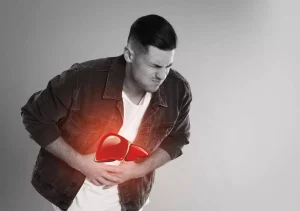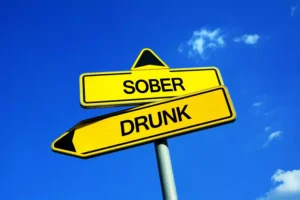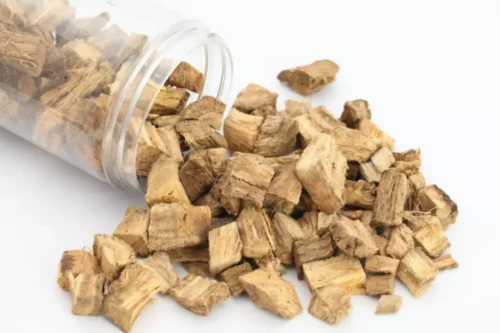
Inpatient treatment allows healthcare professionals to monitor you for DT or hallucinations, monitor your vitals, and administer fluids or medicine intravenously if needed. Treatment varies depending on the severity of withdrawal symptoms. People experiencing mild to moderate alcohol withdrawal symptoms often receive alcohol withdrawal syndrome symptoms outpatient care—meaning there is no extended time spent in a hospital or facility. It’s recommended, however, that they have someone stay with them who can help during recovery. Alcohol withdrawal refers to the physical and mental effects a person experiences after stopping prolonged and heavy alcohol use.
Questions to ask your doctor
- Research shows people who have a supportive social network are more likely to remain alcohol-free after withdrawal.
- Develop healthy lifestyle habits by being smart about what you eat and getting adequate exercise.
- They should also make sure you attend your counseling appointments and visit the doctor regularly for any routine blood tests that may be ordered.
- Try to remember that you don’t have to feel shame about your experience.
- Seizures can occur within 6 to 48 hours, while hallucinations can occur within 12 to 48 hours after drinking is reduced or stopped, says Dr. Nolan.
- If alcohol is interfering with your health or your personal, financial, or professional life, consider quitting.
Symptoms of AWS are often treated with sedatives called benzodiazepines. The most prescribed benzodiazepine is chlordiazepoxide, which is only available as a generic in the United States. It’s important to note that the Clinical Assessment mentioned https://ecosoberhouse.com/ above may be unreliable because it is subjective in nature. According to a 2017 study, the use of the Objective Alcohol Withdrawal Scale (OAWS) was more useful for treatment because it can be used as a framework and tailored to individual cases.
- If you are thinking about quitting drinking, talk to your healthcare provider.
- It is important to go to a living situation that supports you in avoiding unhealthy alcohol use.
- Once withdrawal is complete, additional medications and supplements may be needed to address complications and nutritional deficiencies that occur because of chronic alcohol use.
- Alcohol withdrawal syndrome is a condition that occurs when an individual stops consuming alcohol after a long-term dependence.
Alcohol Withdrawal Stages and Severity
Specifically, we investigated whether the addition of gabapentin can reduce the cumulative benzodiazepine dosage. Seeking help from a medically supervised drug and alcohol detox program is the most effective way to manage withdrawal symptoms safely. A doctor may also prescribe a sedative drug, such as a benzodiazepine, to help reduce withdrawal symptoms such as restlessness or agitation. Benzodiazepines like Librium (chlordiazepoxide) and Ativan (lorazepam) may also help to prevent minor withdrawal symptoms from becoming more severe. Other drugs a healthcare provider might prescribe include anxiolytics , vitamins, and suboxone. Alcohol withdrawal — symptoms that develop when a person suddenly stops drinking alcohol after prolonged, heavy drinking — is a common feature of alcohol dependence, or alcoholism.
Mental Health Treatment Programs
The exact timeline for alcohol withdrawal varies from person to person. It’s based on several factors, including how long, how much, and how regularly you have been drinking alcohol. The severity of alcohol withdrawal is categorized into three stages.
Stage 4: 48 to 72 hours after last drink


- Caffeine is a chemical substance that is found in coffee, kola nuts, cocoa, and acts as a stimulant for the central nervous system.
- Ambulatory withdrawal treatment should include supportive care and pharmacotherapy as appropriate.
- The Centers for Disease Control and Prevention defines heavy drinking as 15 drinks a week for men and eight drinks a week for women.
Supporting Long-Term Abstinence

